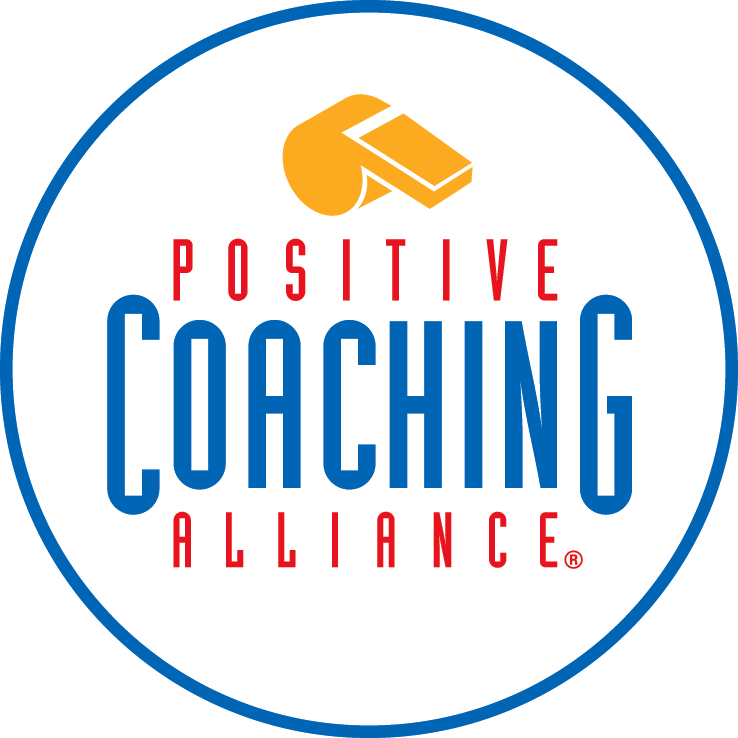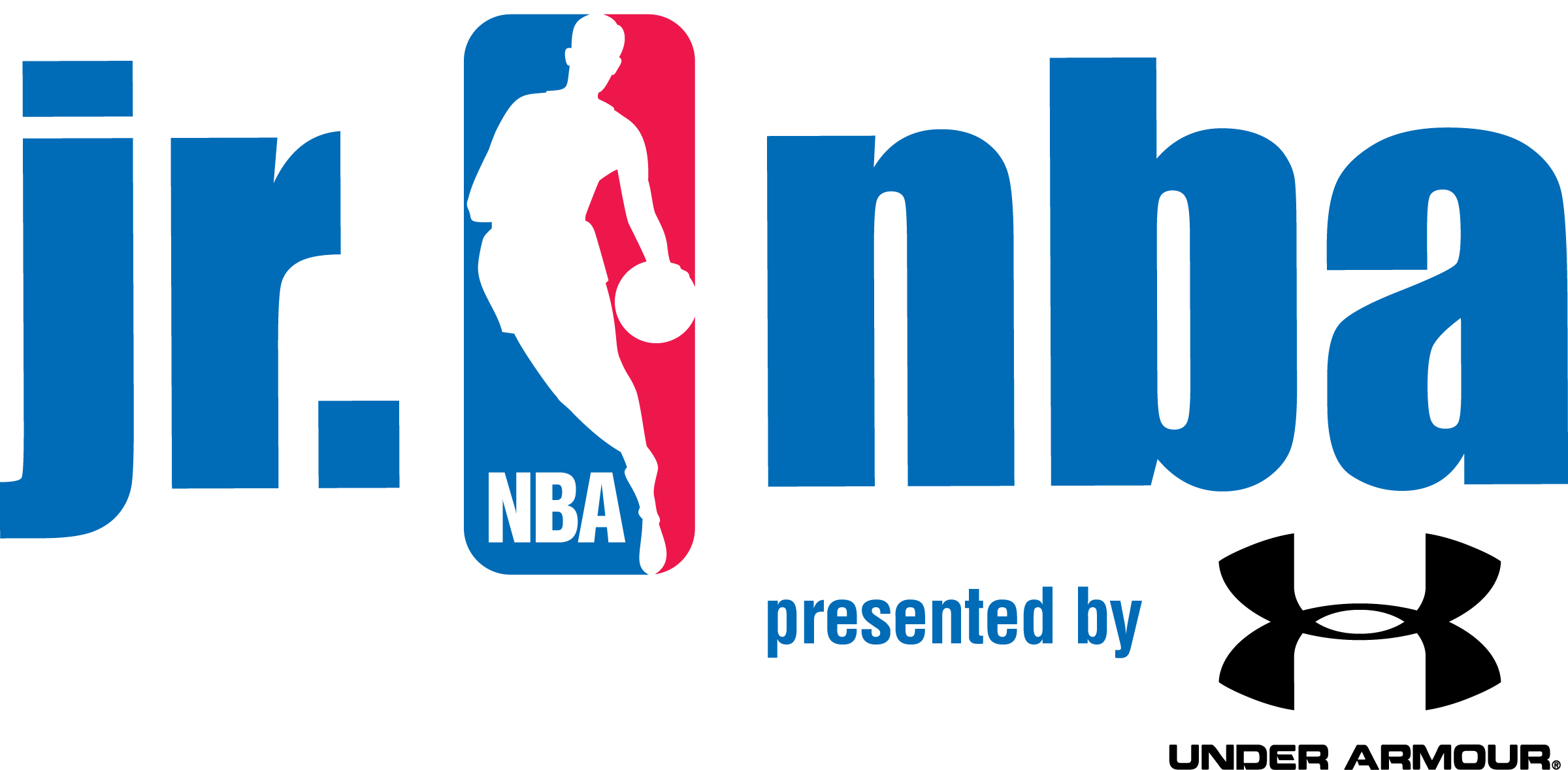
Basketball on the Edge – Player Development (Playing Through Mistakes)
Player Development. We hear that term thrown around by trainers, coaches, and parents. Everyone seems to agree that player development is a good thing, but what is it exactly?
My definition of player development is, “Teaching or coaching that helps a player perform better in games and become a better person on and off the court.”
We’ll be looking at some key aspects of player development over the next several posts. Here’s the first one.
1. Players must be allowed to play through mistakes.
Watch a few high school games and you’ll see coaches pulling players from the game after a mistake. Typically the players that get a quick hook are bench players who have not yet earned the coach’s trust. As a result, these players are often looking over their shoulder at the coach, afraid to try and do anything fearing they will be subbed out. Conversely, the starters on the team are often given much more freedom to make mistakes and recover from them without being taken out of the game. Who is more likely to make a positive play to help their team? The player knowing that one mistake will send him to the bench or the one playing loose knowing that he or she will be able to play through a missed shot or a turnover?
A shot becomes much more pressurized if a player knows they are coming out if they miss. A player with more leeway can shoot with confidence knowing that a miss won’t send them to the bench. Trying to be perfect often leads to trying too hard to avoid mistakes. This mindset typically leads to more mistakes rather than less. This is the classic “playing not to lose” scenario. When we try not to do anything bad, nothing good happens and we end up with a bad result!
Players need to develop their decision making skills. Basketball is a complex game with literally thousands of decisions to be made over the course of a game. Practice is a time to help players improve their decision making. Coaches should give players more opportunities to participate in drills with a live defense and then let players go through the drill without constant interruption and correction. This allows players to think for themselves, learn from mistakes, and make better decisions in the future.
To help the skill development of young players, coaches need to give them confidence. Let young players know that it’s ok to make mistakes, and in fact mistakes are expected. The key is to learn from the mistakes and don’t turn one mistake into a second one by pouting or not hustling back on defense.
By allowing players to play through mistakes coaches give their players confidence and improve their decision making skills.
Leave us a comment about this post headstartbasketball@usa.net


